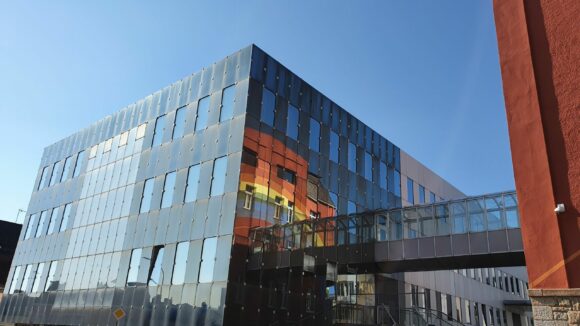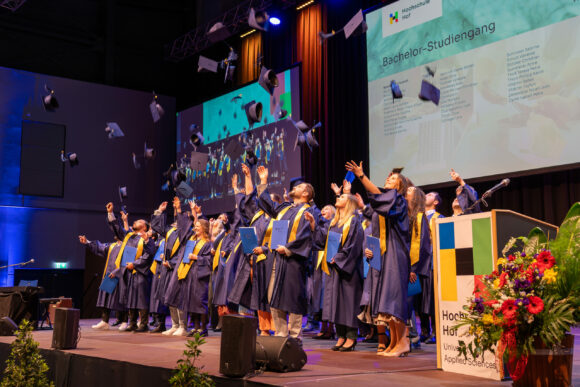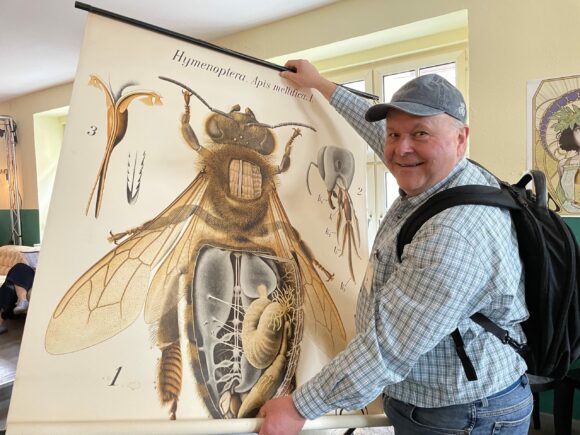In Germany, a change toward renewable energies and a more sustainable heat supply, the so-called “heat turnaround,” is currently being driven forward. The technologies for the expansion of climate-neutral heat supply through the use of local and district heating networks are already available and have been tested in practice in existing networks. However, the path from the idea of a local heating network for neighborhood supply to actual commissioning can be very lengthy.
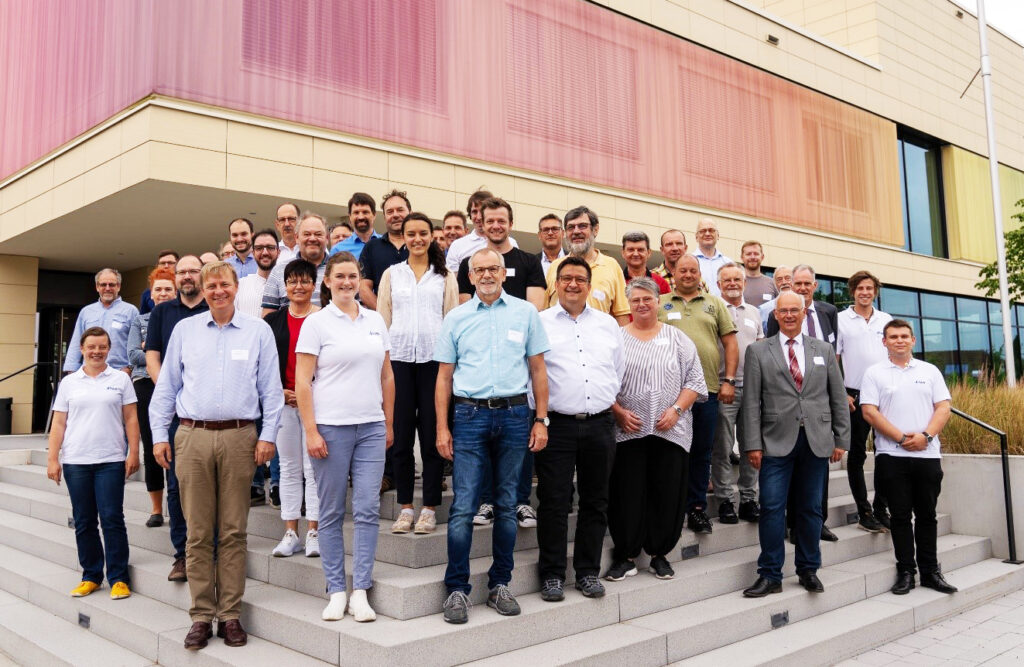
Often, it is not the technology that fails, but the communication between the parties involved. And other unnecessary hurdles also slow down ambitious projects or prevent them completely.
Hurdles in the implementation of a local heating network
The first example involves a small district of a town in Bavaria, where residents discussed several options for heat supply and finally agreed on the idea of a local heating network. However, two years passed from the brainstorming to the follow-up by the responsible municipality, during which the residents waited for answers. A lack of resources, inconsistent communication and the failure to appoint people to take care of the project made it extremely difficult for the project to progress for a long time, until finally – years later – interested parties were approached and planning began.
The starting point of a second example is a widespread application in Bavaria: A farmer has been operating a biogas plant for more than ten years and converts the biogas produced into electricity in a combined heat and power plant with EEG subsidies. The resulting waste heat is already being used in part to supply the farm, the fermenters and, in a later step, the local elementary school. However, most of the heat is released into the surrounding area. The idea of expanding the network and supplying the surrounding residential area with heat was brought to the city’s attention. Several years passed before the implementation of the idea was started. The reasons for the delay were the lack of clarification of responsibilities and the need to cross a road with the pipeline. In the meantime, the project is going into a feasibility study and the city is supporting in a cooperative partnership.
In the last example, the project almost failed in the making: a Bavarian municipality had problems finding connection users for its planned heating network. Many residents were not interested because they had recently replaced their heating systems or were generally skeptical. Traditional thinking patterns such as “That’s the way it is, we’ve always done it that way!” often play a role that should not be underestimated. This led to a dilemma, since without interested parties no profitability calculation was possible, but without information about the network and the heat price on the other hand it was also difficult to find new interested parties. The problem was finally solved by information and education work in the public and the heating network was built. However, due to the low number of connections, operation is only marginally profitable and expansion possibilities are still being sought.
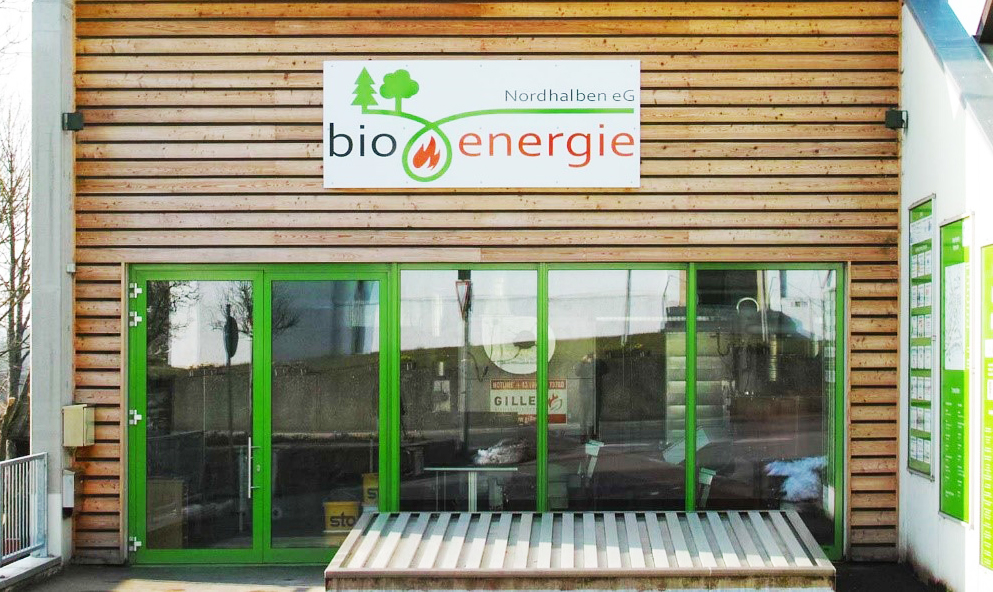
Hof University of Applied Sciences recognizes problems and tackles them
So there are some hurdles on the way to a functional and economical local heating network. The examples mentioned above give an insight into what communities or operators can face if they dare to take this step. But many hurdles are often unnecessary and simply caused by a lack of communication.
As long as there is no rethinking here among people in decision-making or interface positions, the existing potentials are not used, and we continue to stand in our own way in the heat transition, the Bavarian climate targets cannot be met in this way.”
Dr. Andy Gradel, Institute for Water and Energy Management (iwe)
However, a change in thinking can only take place if all the players involved are aware of their role and are technically informed. The project “Expansion and Digitization of Efficient Renewable Local Heating Networks” at Hof University of Applied Sciences addresses precisely these issues and offers free training and support on all aspects of local heating projects in Bavaria. All topics from the project idea to the ground-breaking ceremony are covered in one-day training courses with a focus on the state of the art and implementation in practice. The events take place hybrid at different venues and online.
Participation is free of charge within Bavaria (contact at: projekt-adern@hof-university.de).




